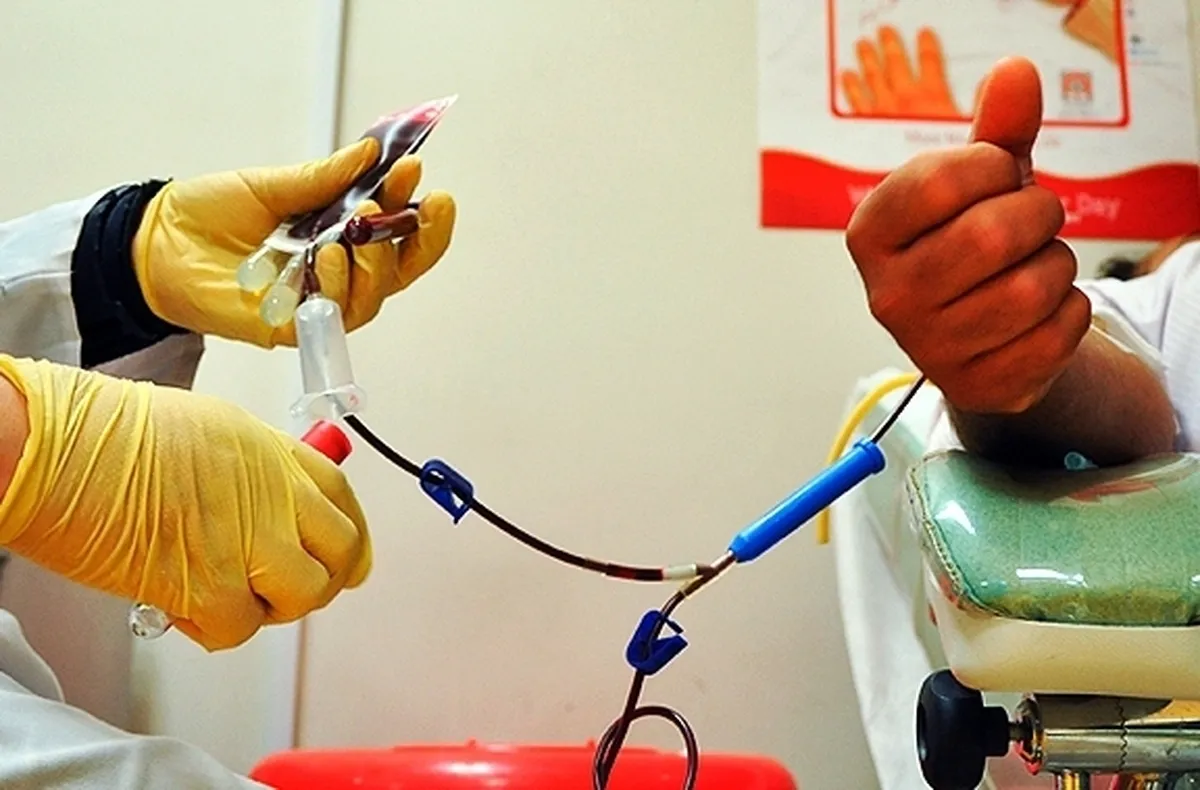Iran-Made Automatic Tourniquet Stops, Reduces Blood Flow during Surgery

“The automatic tourniquet is a digital device that can maintain the regulatory pressure on the patient's limb for a set period of time by means of control circuits and air pressure which will stop the blood flow and facilitate the surgical process,” Massoud Soroush, the production manager of the knowledge-based company, told ANA.
Noting that stopping the patient's blood flow is important during different surgeries, he said, “The single-port digital tourniquet device allows the user to adjust the pressure and duration and cut off the patient's blood flow with special cuffs that are tied around the limb to perform surgery on the limb. This tourniquet is also equipped with warning alarms that alert the user after the set time expires.”
“The maximum pressure of the device is up to 500 mm of mercury, and based on the international standard law, the maximum allowable pressure is 300 mm of mercury. The single-port digital tourniquet device can be used with a battery and this device can be used for as long as the patient needs to be transported to the treatment center without injury,” Soroush said.
A tourniquet is a device that is used to apply pressure to a limb or extremity in order to create ischemia or stopping the flow of blood.
In a relevant development in February, the deputy head of Iran’s Blood Transfusion Organization for technological affairs announced that nucleic acid testing (NAT) screening test was being performed in the country to detect viral diseases like hepatitis B, hepatitis C, and AIDS in blood donation samples.
“One of the new technologies of the Blood Transfusion Organization is the NAT screening test, which is a molecular test for detecting viral diseases like hepatitis B, hepatitis C, and AIDS. Early detection of viral diseases and contamination in the blood increases blood safety and shortens the time it takes for the virus to enter the laboratory,” Abdollah Salek Moqaddam told ANA.
He added that at present, the NAT test is being conducted only in Tehran, and it will be performed in other parts of the country in two months.
Salek Moqaddam also said that antibody screening in donated blood is being performed in developed countries of the world, adding, “Fortunately, devices related to this technology have been provided to all provinces of the country, and this screening test will be operational in the next few days.”
NAT is a molecular technique for screening blood donations to reduce the risk of transfusion transmitted infections (TTIs) in the recipients, thus providing an additional layer of blood safety.
4155/v





















